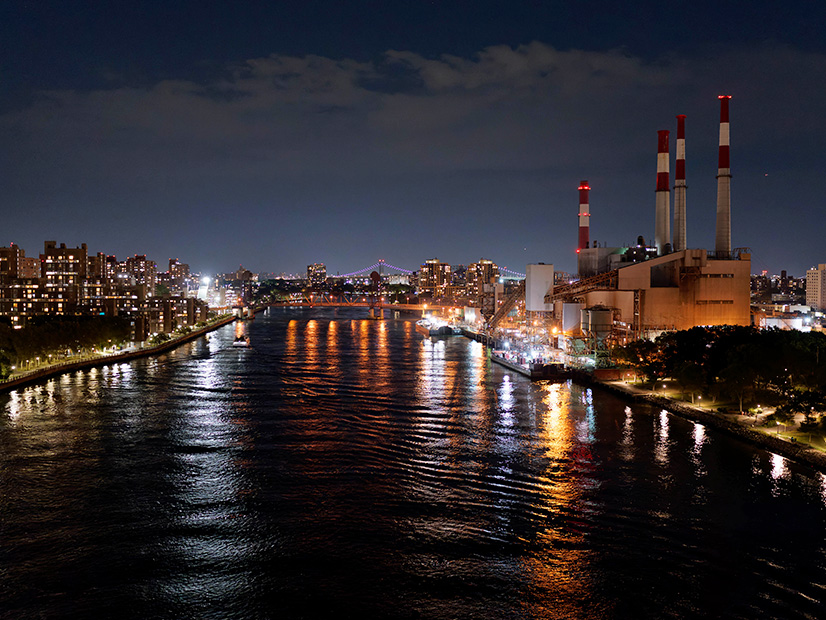
The New York State Energy Development Authority has requested another year to set up the system of renewable energy credits that is part of the state’s plan to bring clean energy into New York City.
The Public Service Commission had set an Oct. 11 deadline for the implementation plan for the Tier 4 program of the Clean Energy Standard. But in an Oct. 7 letter to the PSC, NYSERDA said Tier 4 is a complex and all-new aspect of the state’s clean-energy strategy, with many requirements and many involved parties.
Because energy delivery from the two Tier 4 contracts is not expected until 2026 and 2027, NYSERDA wrote, there is time for a longer, more thoughtful process. It asked PSC to push the deadline back to Oct. 11, 2023.
Tier 4 was designed to increase use of renewable energy in New York City; while the generation mix in most of the state leans heavily toward clean power, the city itself relies almost entirely on fossil fuel-generated electricity.
The two approved Tier 4 projects — Clean Path New York and Champlain Hudson Power Express — are HVDC transmission lines that would deliver thousands of megawatts of solar, wind and hydro power to the city from Canada and upstate New York. (See NYPSC OKs 2 Huge Clean Energy Projects for New York City.)
Two environmental advocacy groups told RTO Insider on Friday that a one-year delay would not be a setback in the state’s clean energy transition.
Conor Bambrick, director of climate policy at Environmental Advocates of New York, noted that Champlain Hudson itself had pushed its target completion date back from 2025 to 2026 because of supply chain constraints and delays in the regulatory process.
Anne Reynolds, executive director of Alliance for Clean Energy New York, said the extension NYSERDA is seeking does not entail the projects themselves.
“NYSERDA apparently needs more time to iron out some complex issues with how the contracts will be managed and how the renewable energy credits from the projects will be bought and then sold, but this delay will not affect the two Tier 4 projects contracted to deliver clean power to New York City,” she said via email. “This administrative delay shouldn’t affect the project schedule, and the operation date for the projects is still three to five years out.”
In its request for an extension, NYSERDA said development of the implementation plan depends on resolution of issues beyond its direct control. It said its staff are meeting regularly with external consultants, NYISO working groups and Tier 4 sellers’ teams to develop the implementation plan.
